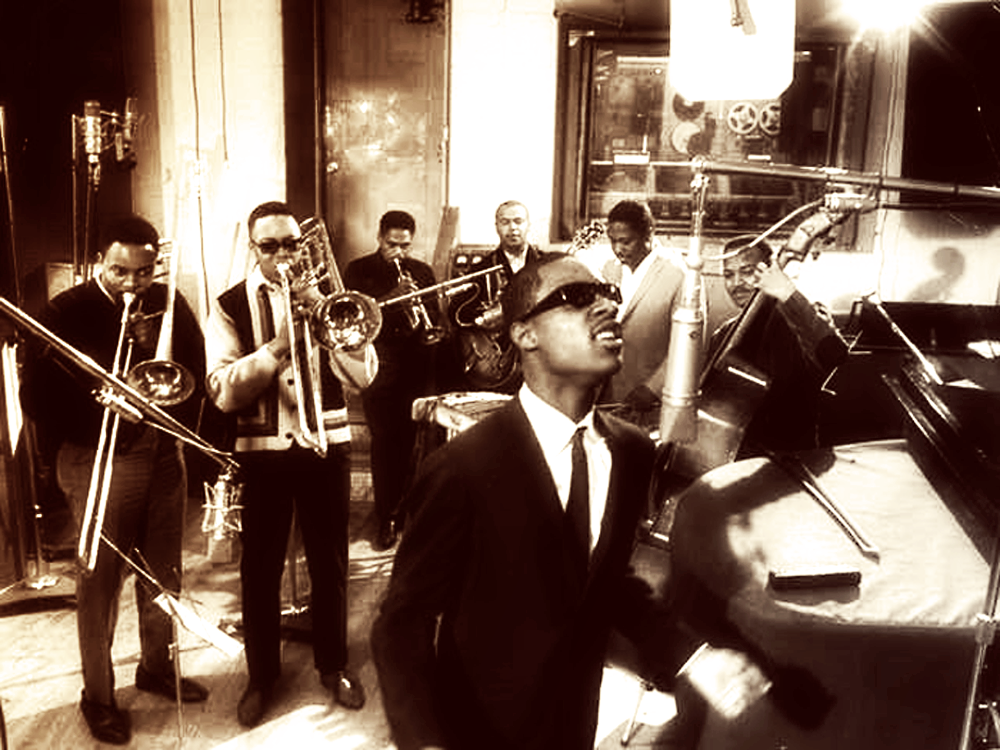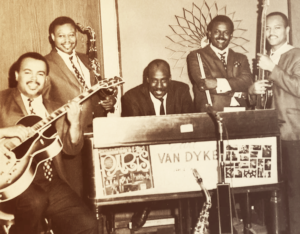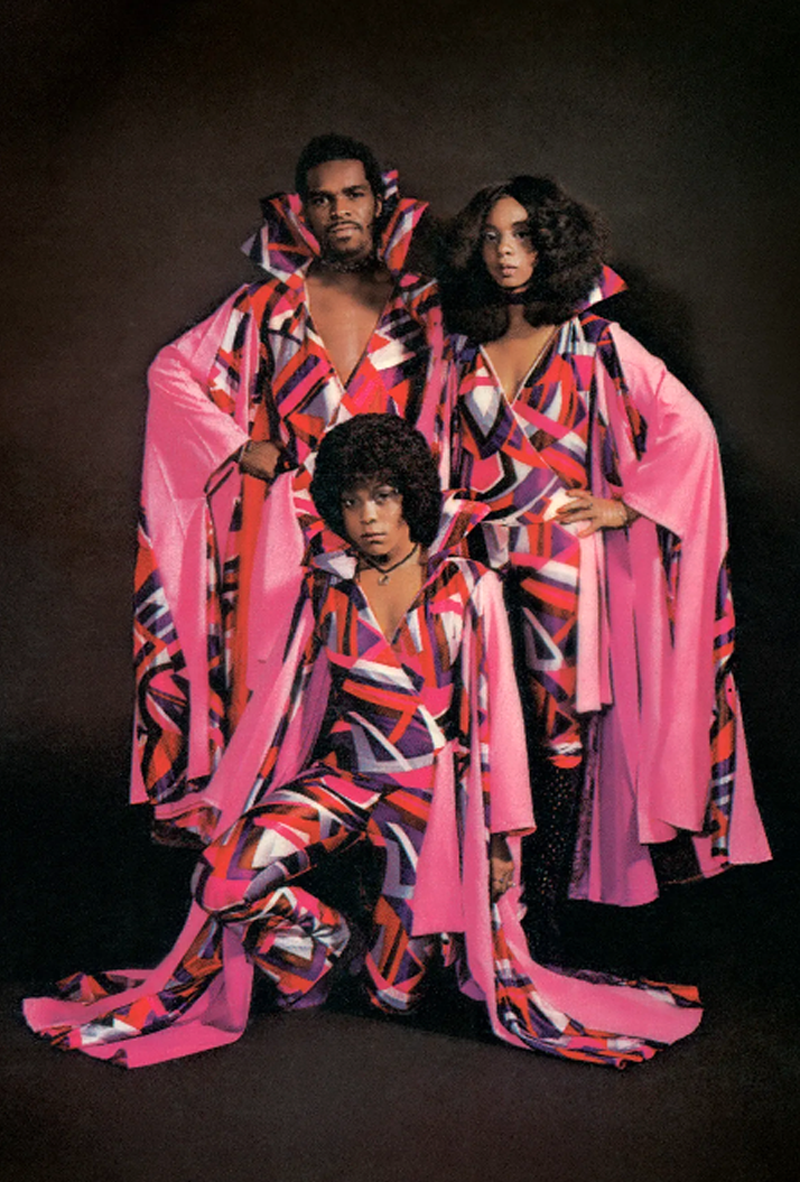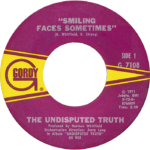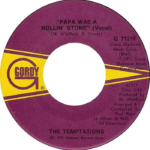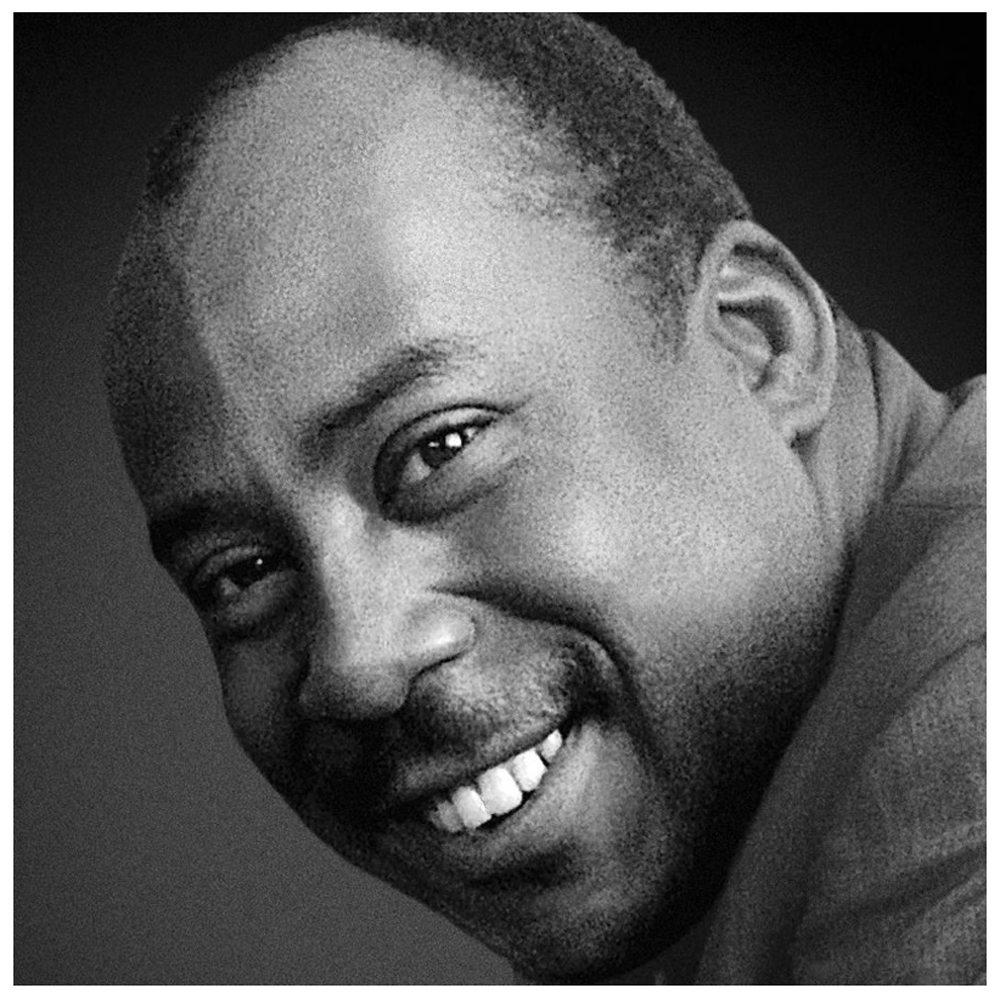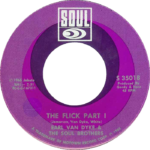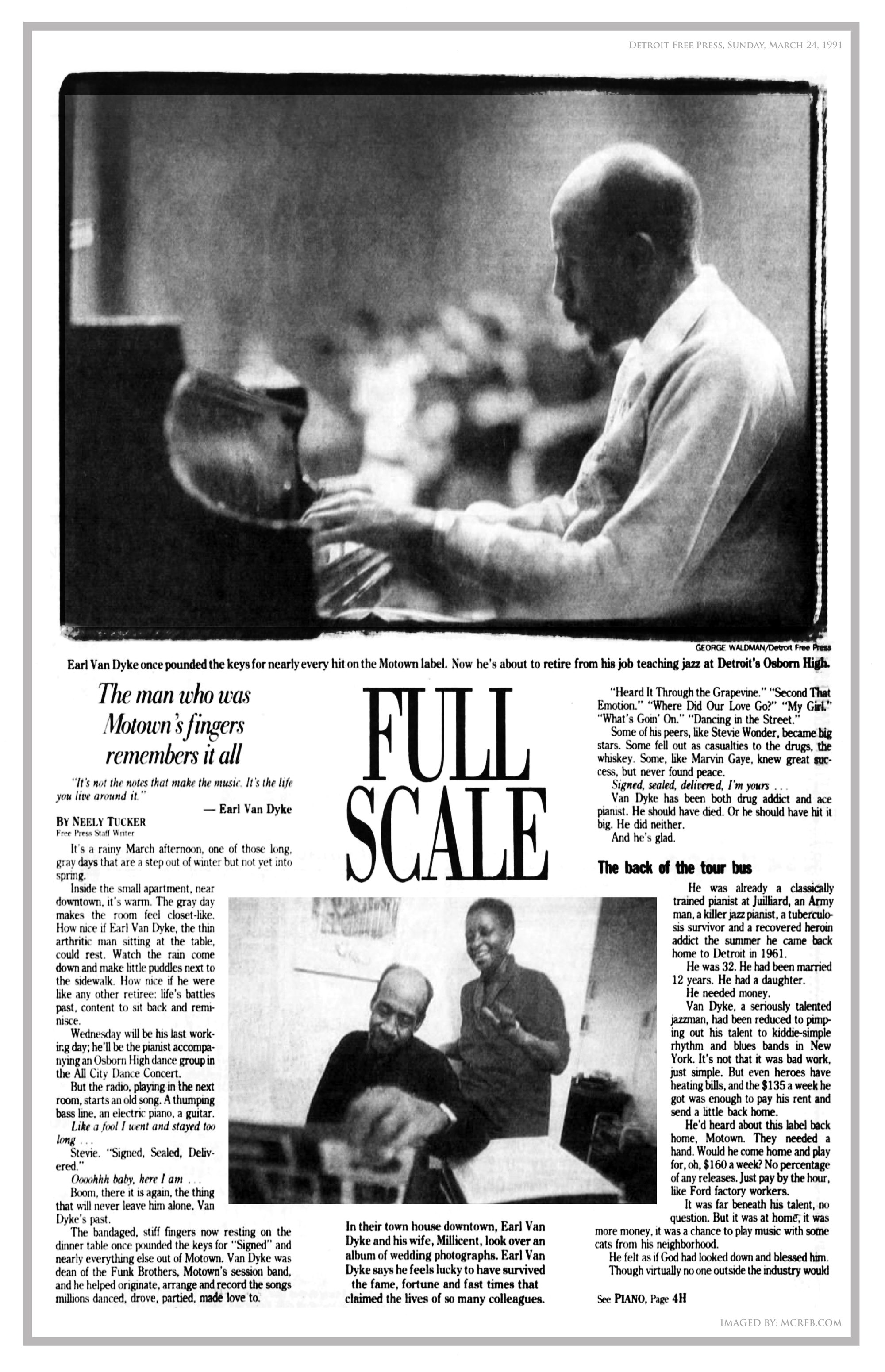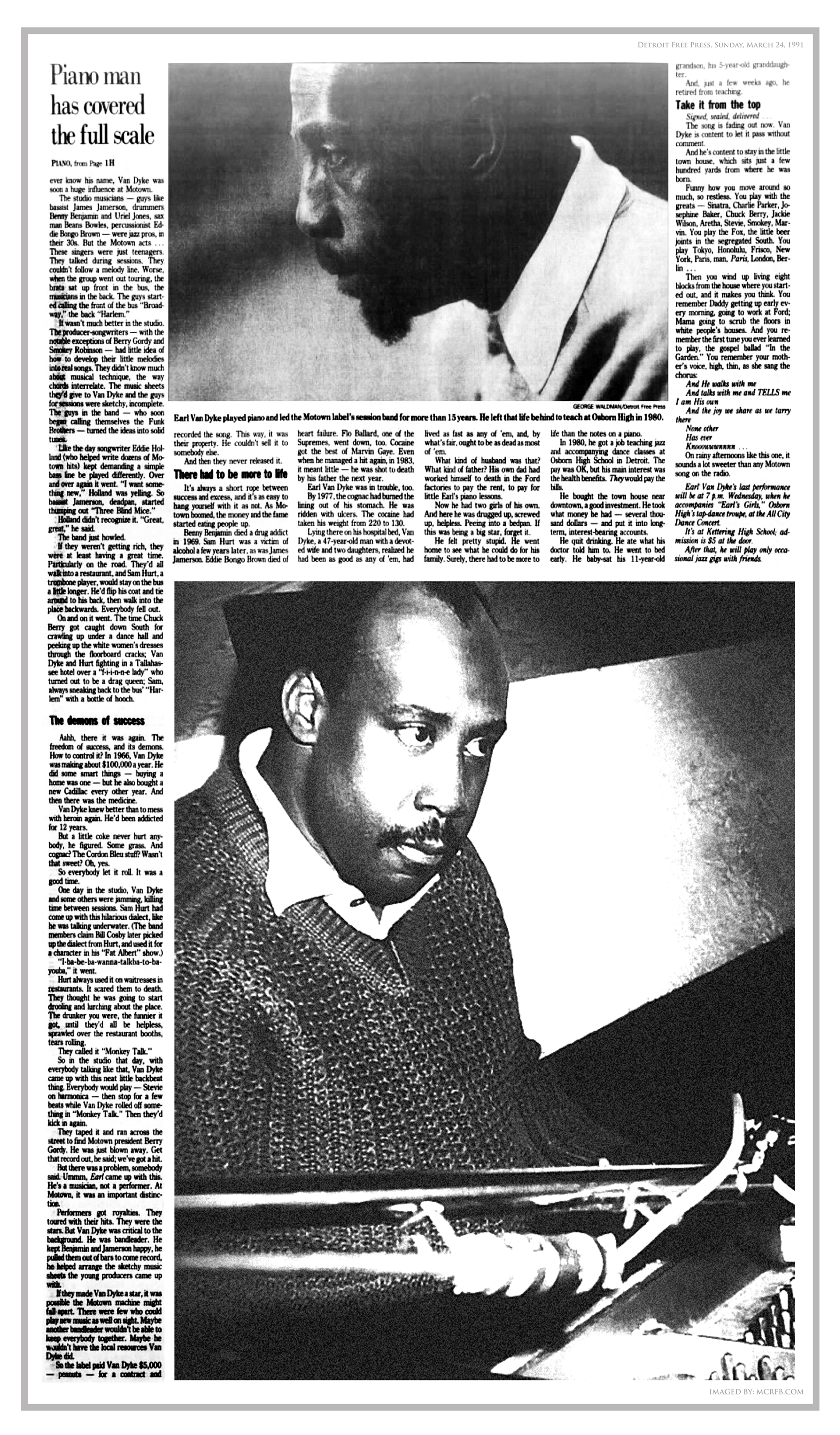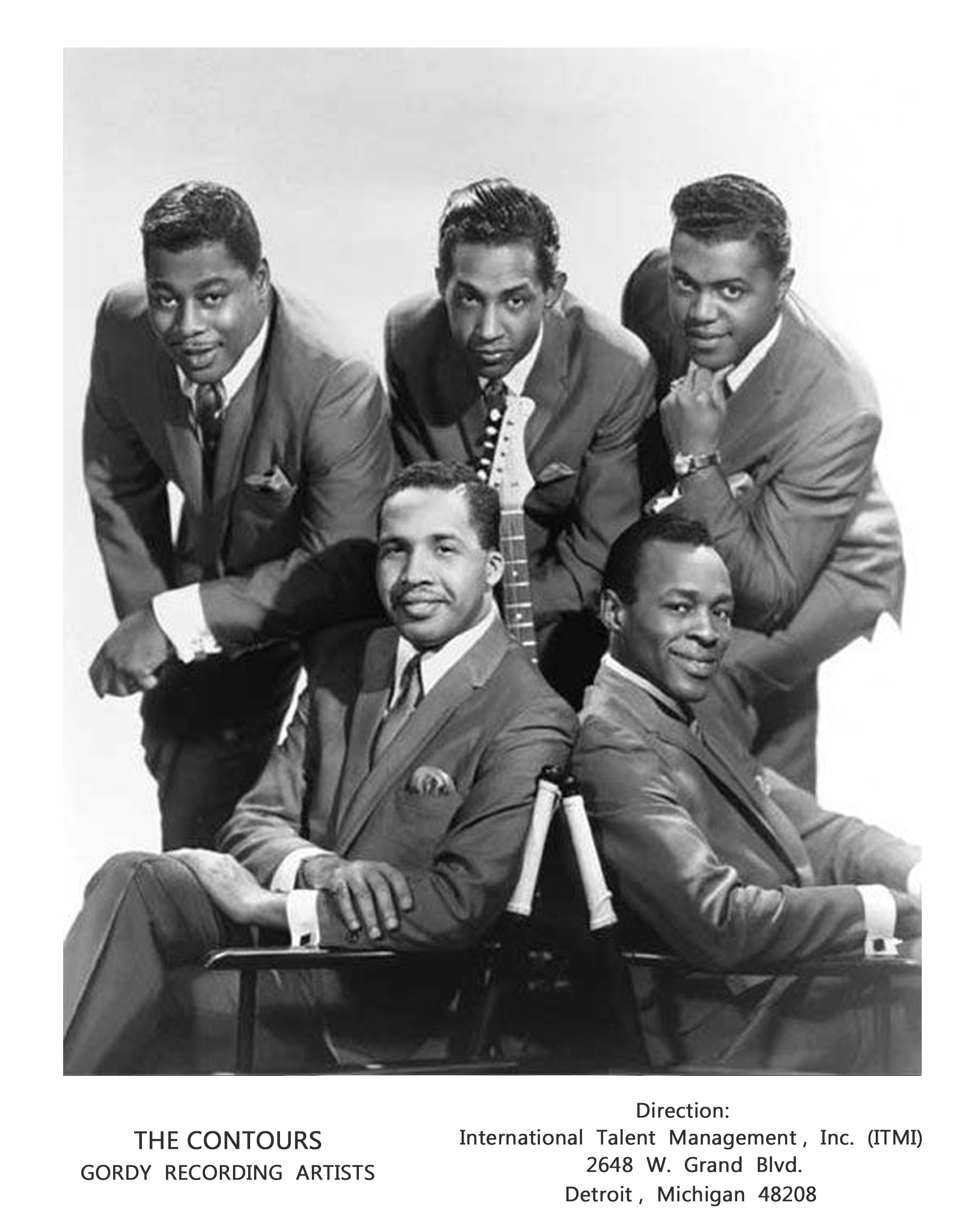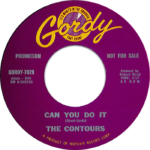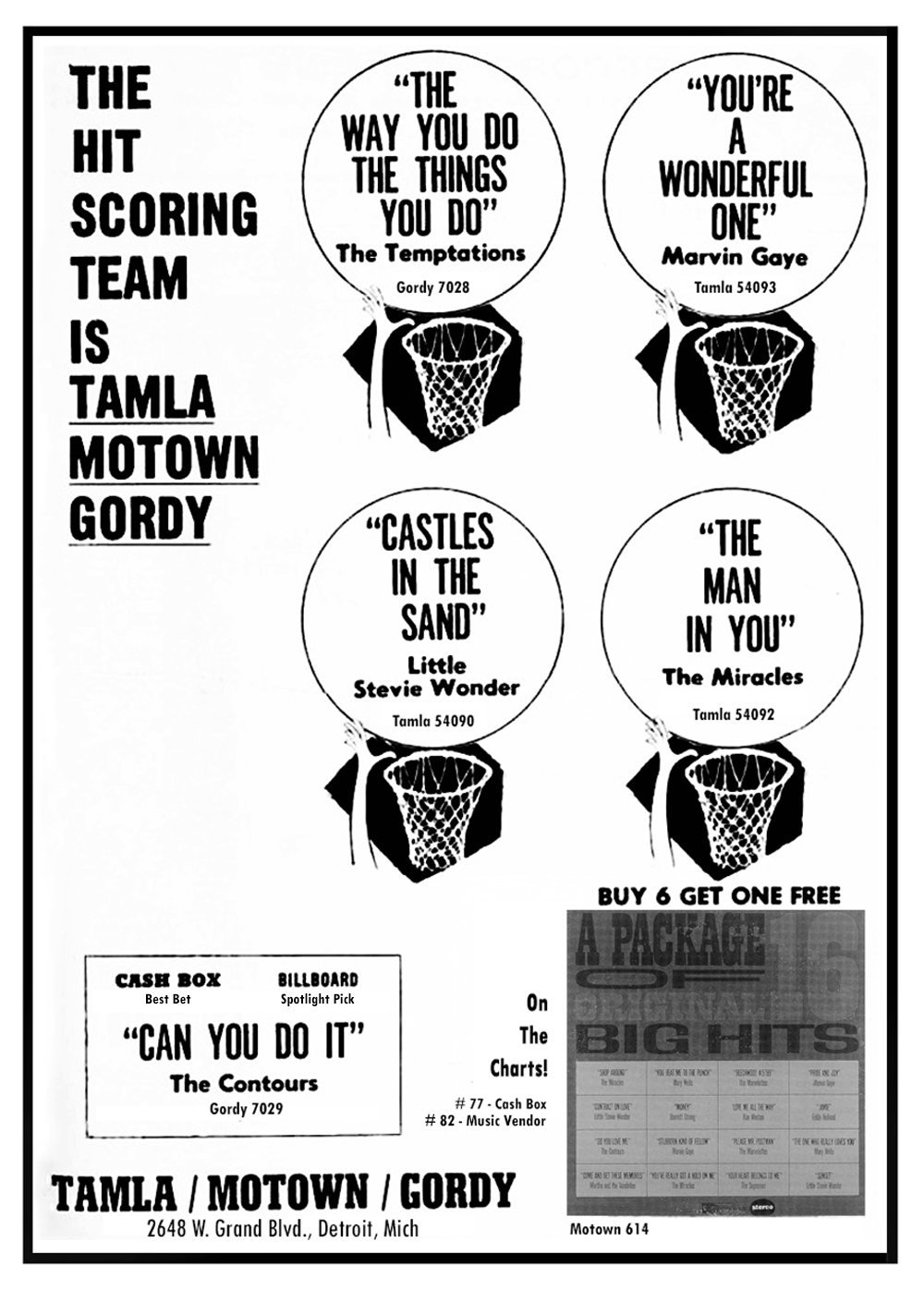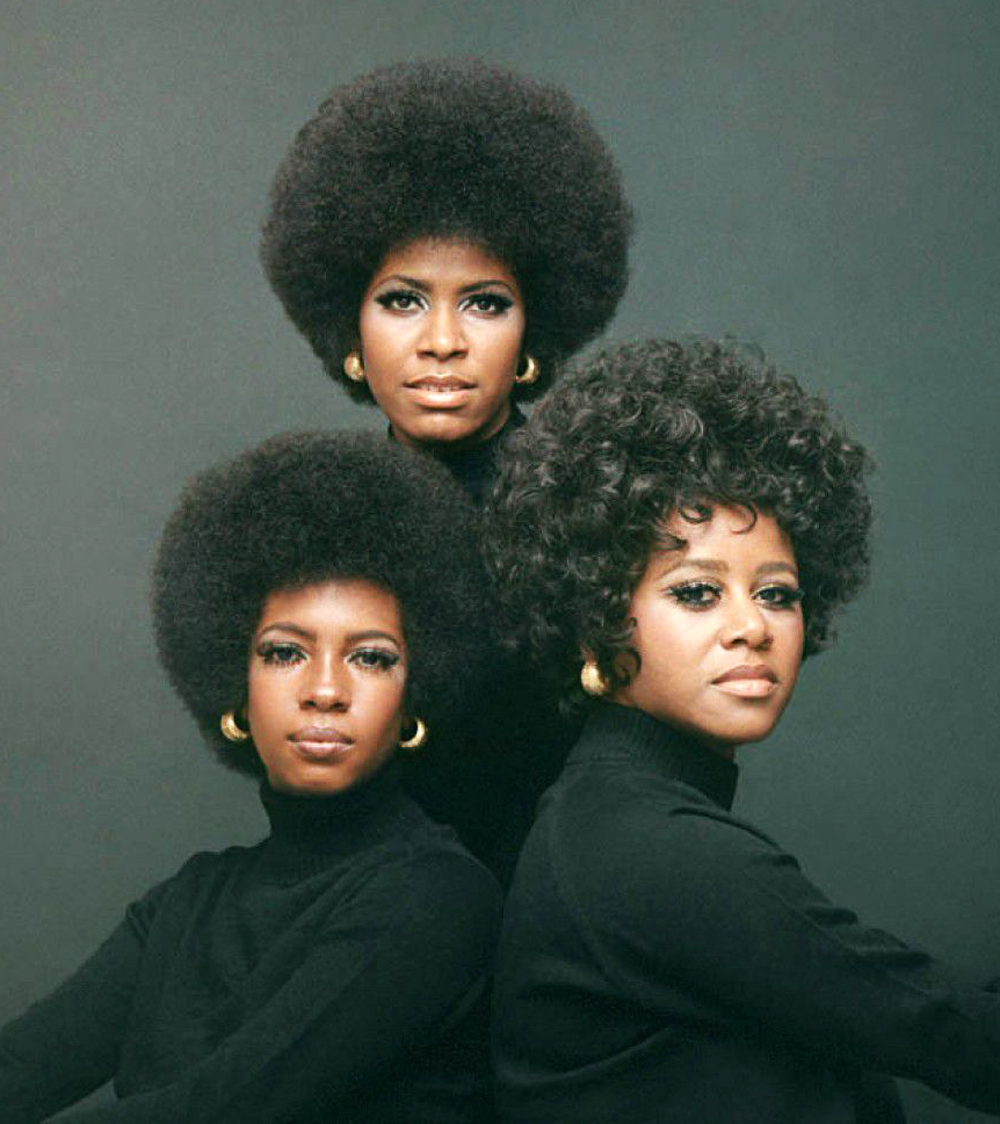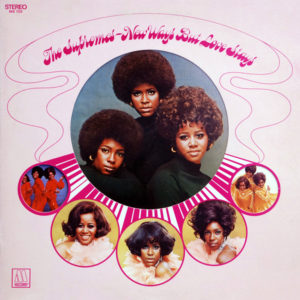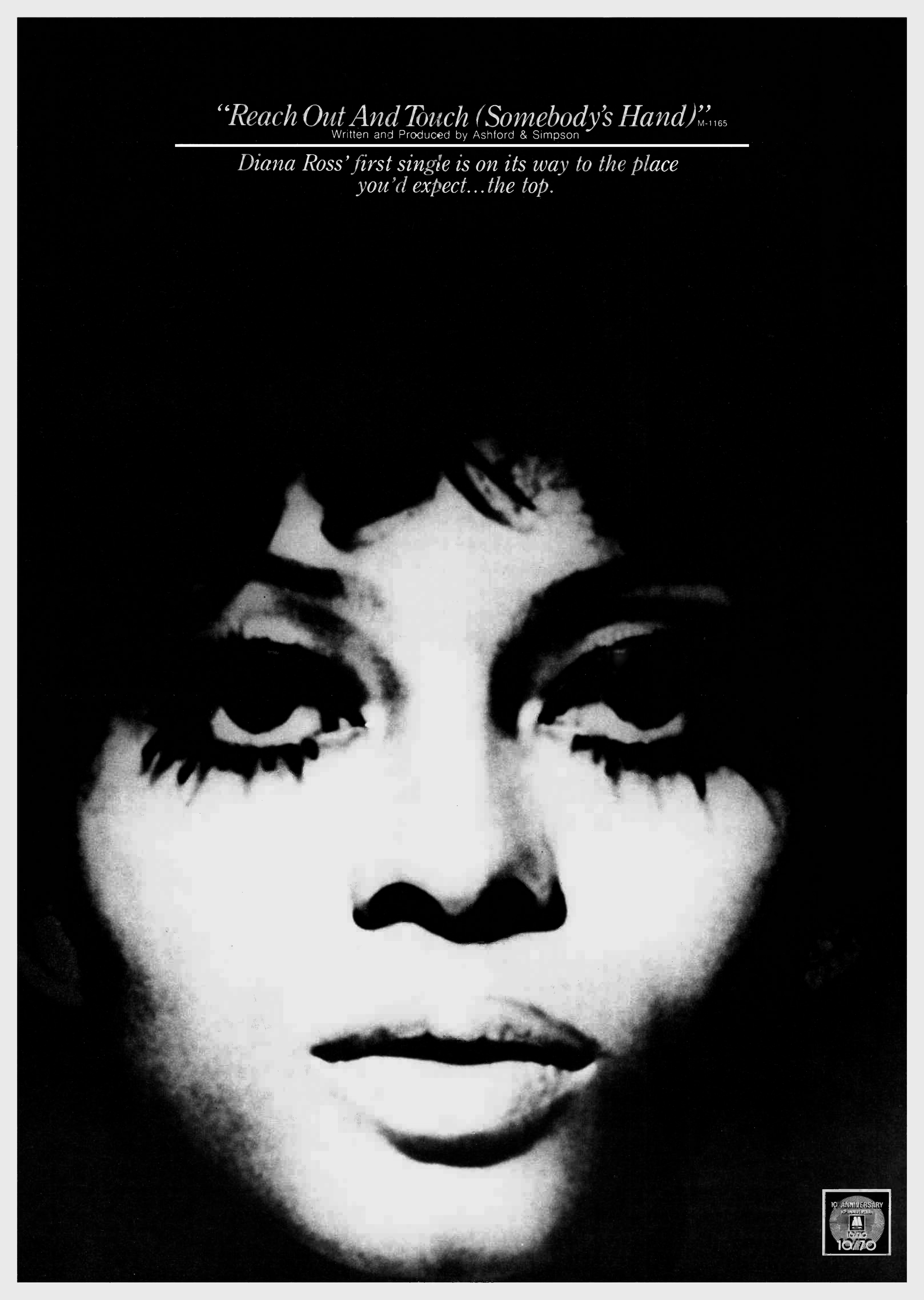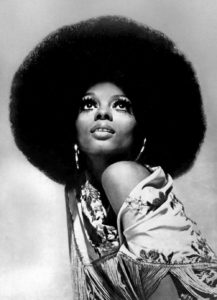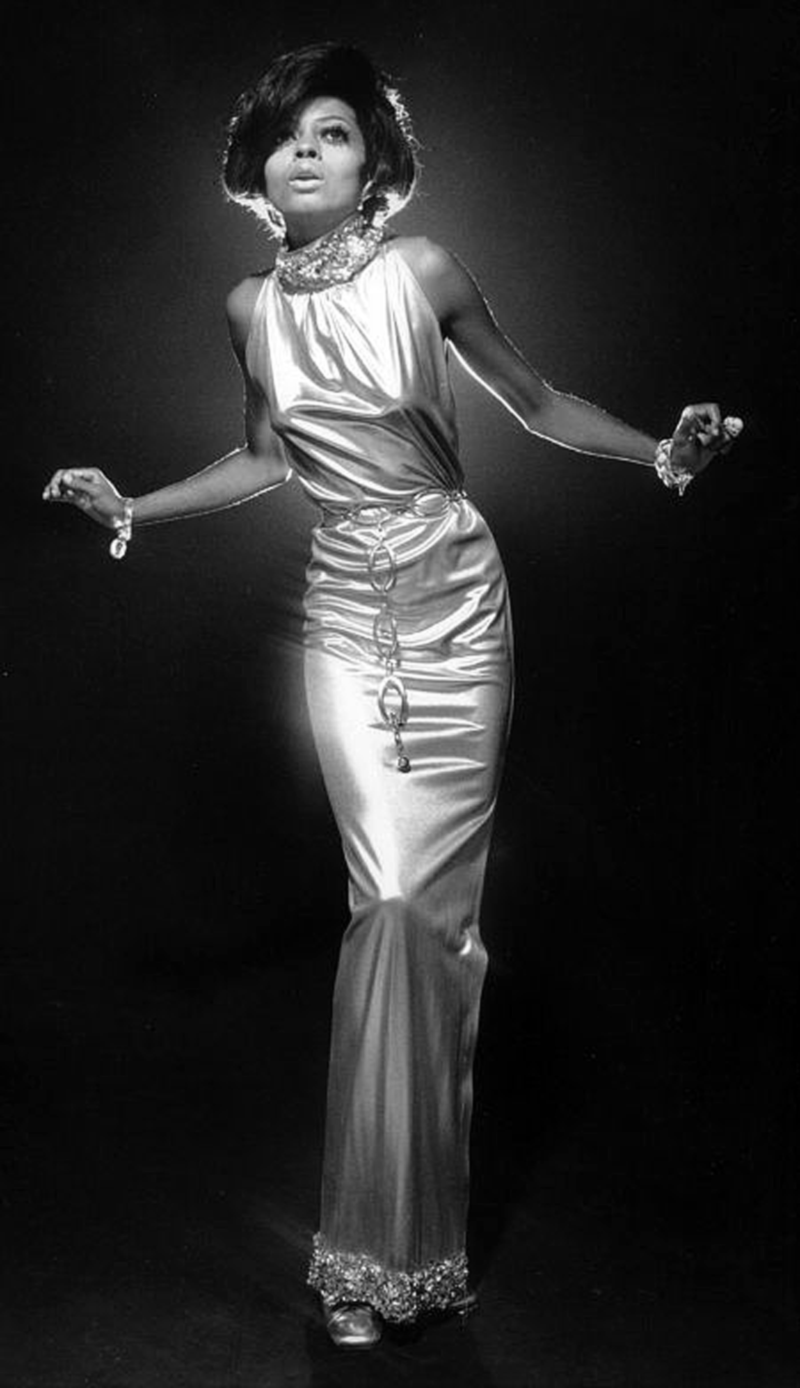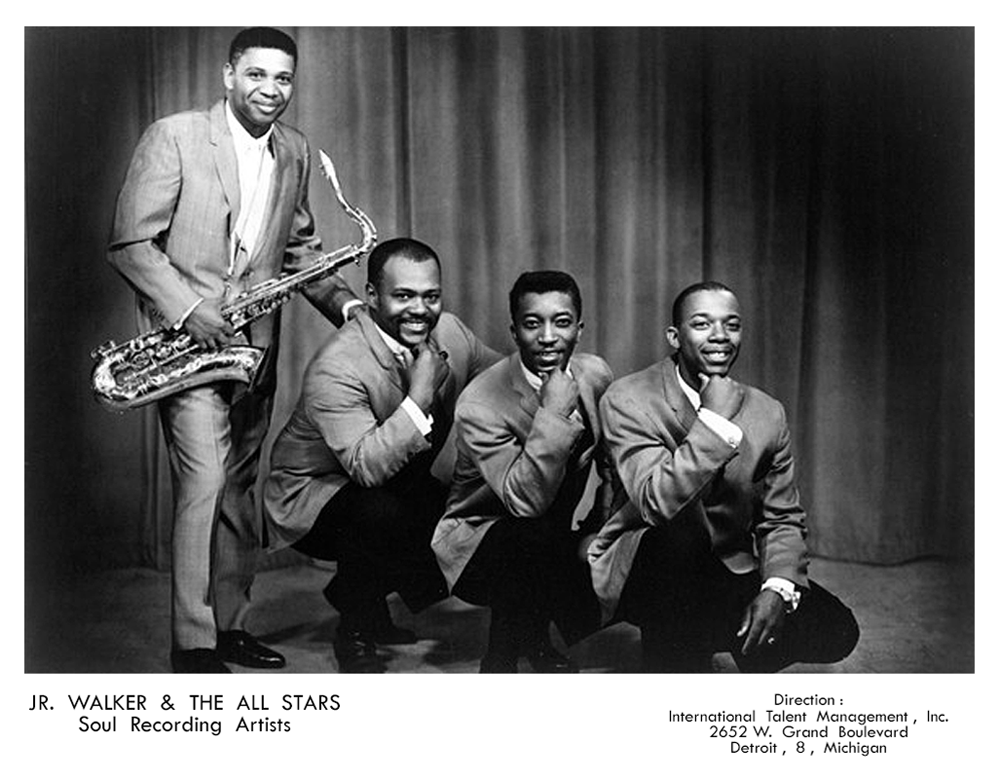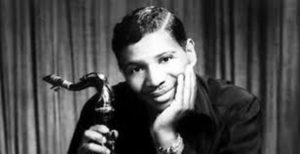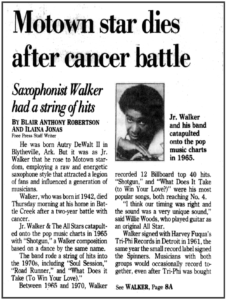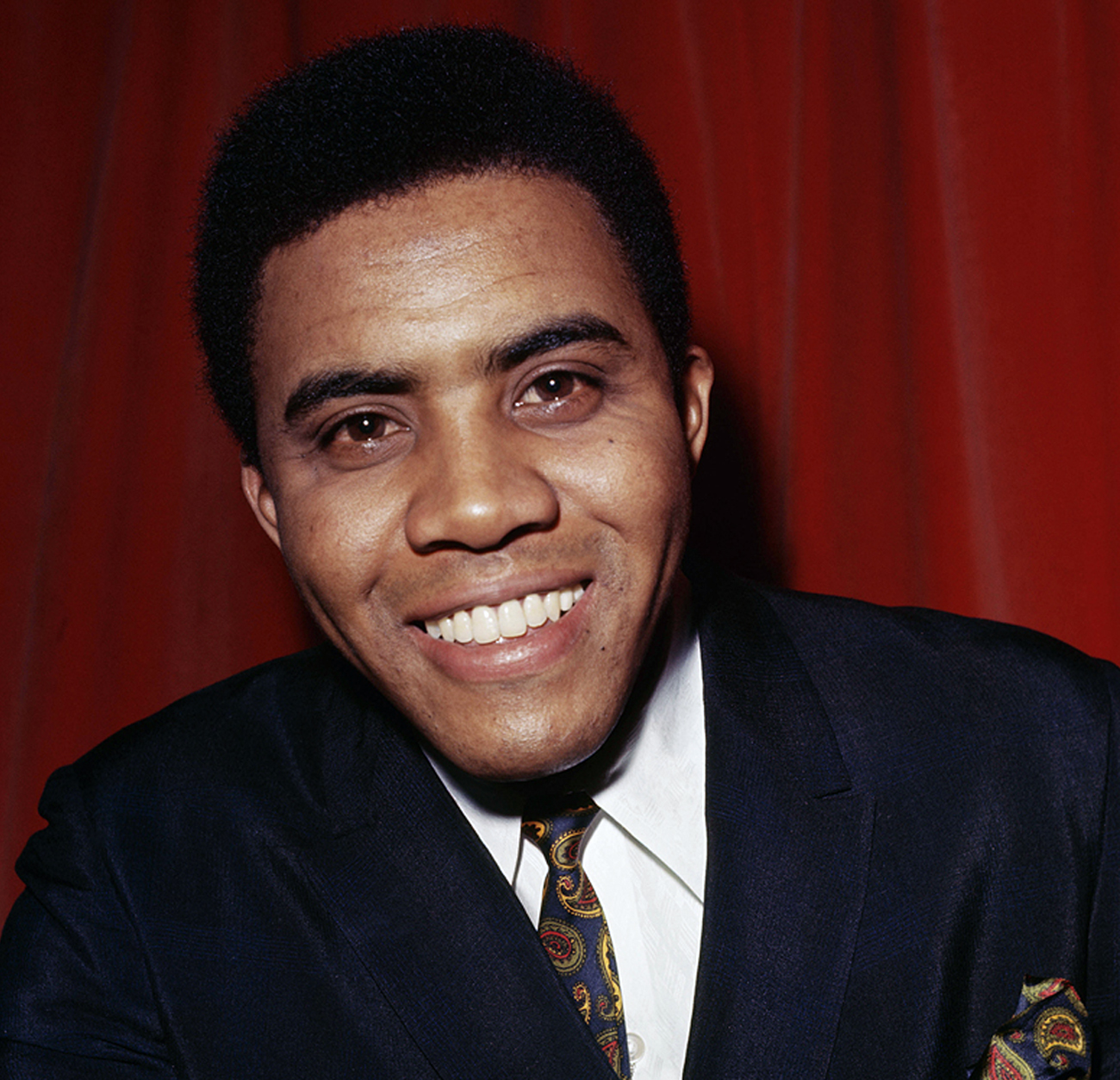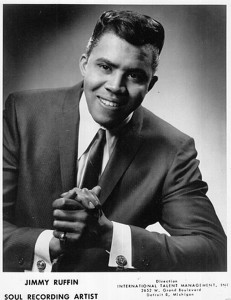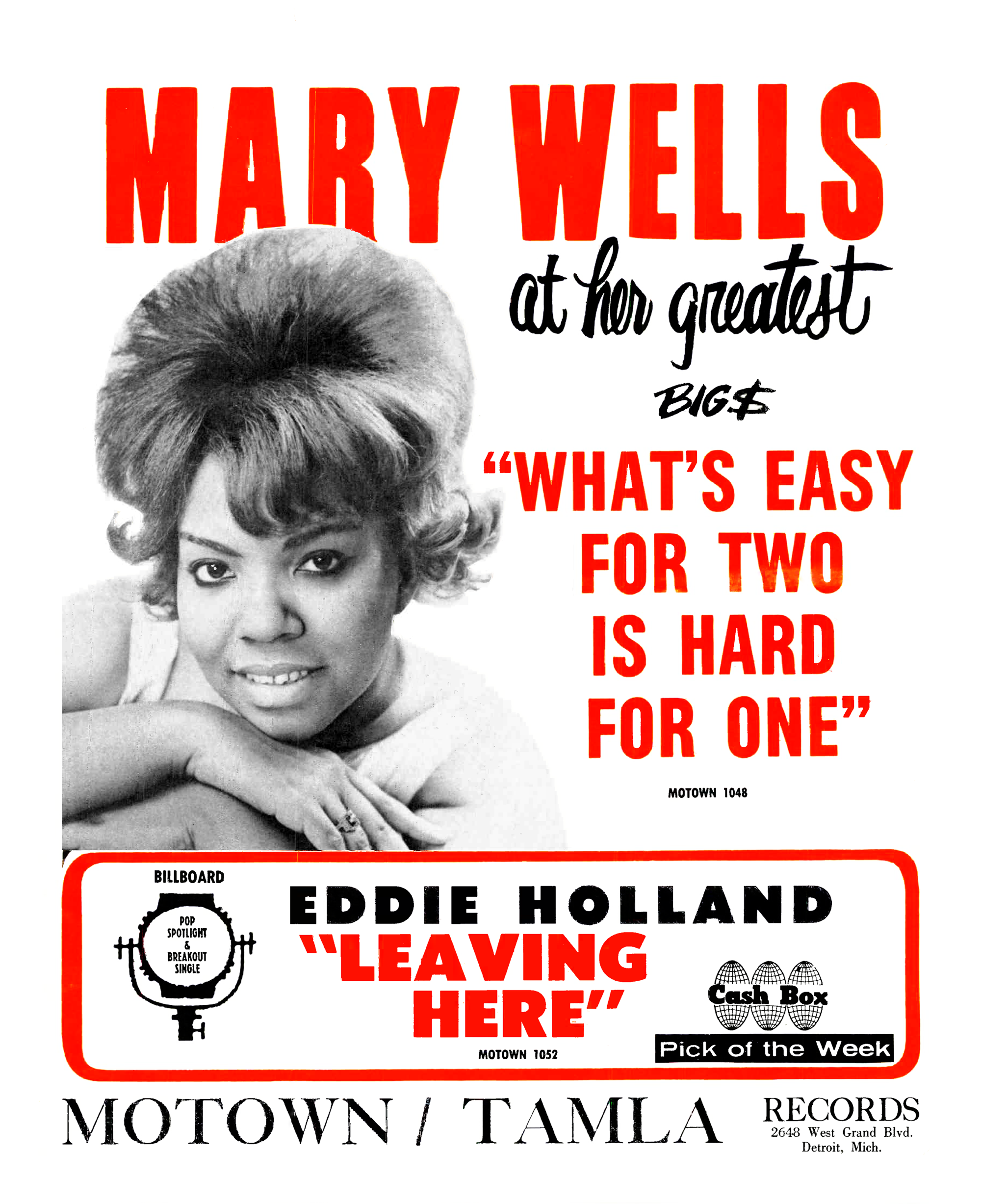
— MARY WELLS —
MOTOWN RECORDS 1962-1963
_______________
“What’s Easy for Two Is Hard for One” (also known as “What’s Easy for Two Is So Hard for One“) is a song written and produced by Smokey Robinson and released as a single by singer Mary Wells for the Motown label.
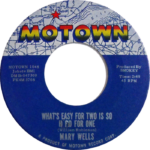 Wells’s teaming with Robinson led to a succession of hit singles over the following two years. Their first collaboration, 1962’s “The One Who Really Loves You”, was Wells’s first hit, peaking at number 2 on the R&B chart and number 8 on the Hot 100. The song featured a calypso-styled soul production that defined Wells’s early hits. Motown released the similar-sounding “You Beat Me To The Punch” a few months later. The song became her first R&B number 1 single and peaked at number 9 on the pop chart.
Wells’s teaming with Robinson led to a succession of hit singles over the following two years. Their first collaboration, 1962’s “The One Who Really Loves You”, was Wells’s first hit, peaking at number 2 on the R&B chart and number 8 on the Hot 100. The song featured a calypso-styled soul production that defined Wells’s early hits. Motown released the similar-sounding “You Beat Me To The Punch” a few months later. The song became her first R&B number 1 single and peaked at number 9 on the pop chart.
The success of “You Beat Me to the Punch” helped to make Wells the first Motown star to be nominated for a Grammy Award when the song was nominated for Best Rock & Roll Recording in 1963.
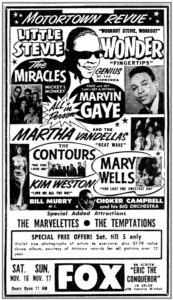
In late 1962, “Two Lovers” became Wells’s third consecutive single to hit the Top 10 of Billboard‘s Hot 100, peaking at number 7 and becoming her second number 1 hit on the R&B chart. This helped to make Wells the first female solo artist to have three consecutive Top 10 singles on the pop chart. The track sold over one million copies, and was awarded a gold disc.
Wells’s second album, also titled ‘The One Who Really Loves You’, was released in 1962 and peaked at number 8 on the pop albums chart, making the teenage singer a breakthrough star and giving her clout at Motown. Wells’s success at the label was recognized when she became a headliner during the first string of Motortown Revue concerts, starting in the fall of 1962. The singer showcased a rawer stage presence that contrasted with her softer R&B recordings.
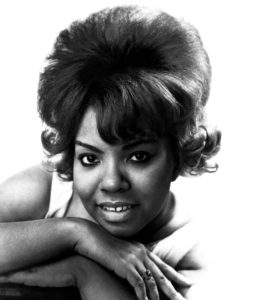
Wells’s success continued in 1963 when she hit the Top 20 with the doo-wop ballad “Laughing Boy” and scored three additional Top 40 singles, “Your Old Standby”, “You Lost the Sweetest Boy”, and its A-side, “What’s Easy for Two Is So Hard for One”. “You Lost the Sweetest Boy” was one of the first hit singles composed by the successful Motown songwriting and producing trio of Holland–Dozier–Holland, though Robinson remained Wells’s primary producer.
Also in 1963, Wells recorded a session of successful B-sides that arguably became as well known as her hits, including “Operator”, “What Love Has Joined Together”, “Two Wrongs Don’t Make a Right” and “Old Love (Let’s Try It Again)”. Wells and Robinson also recorded a duet titled “I Want You ‘Round”, which would be re-recorded by Marvin Gaye and Kim Weston.
_______________
Source: Mary Wells; Wikipedia
Above featured Billboard Motown ad digitally restored by Motor City Radio Flashbacks
![]()


